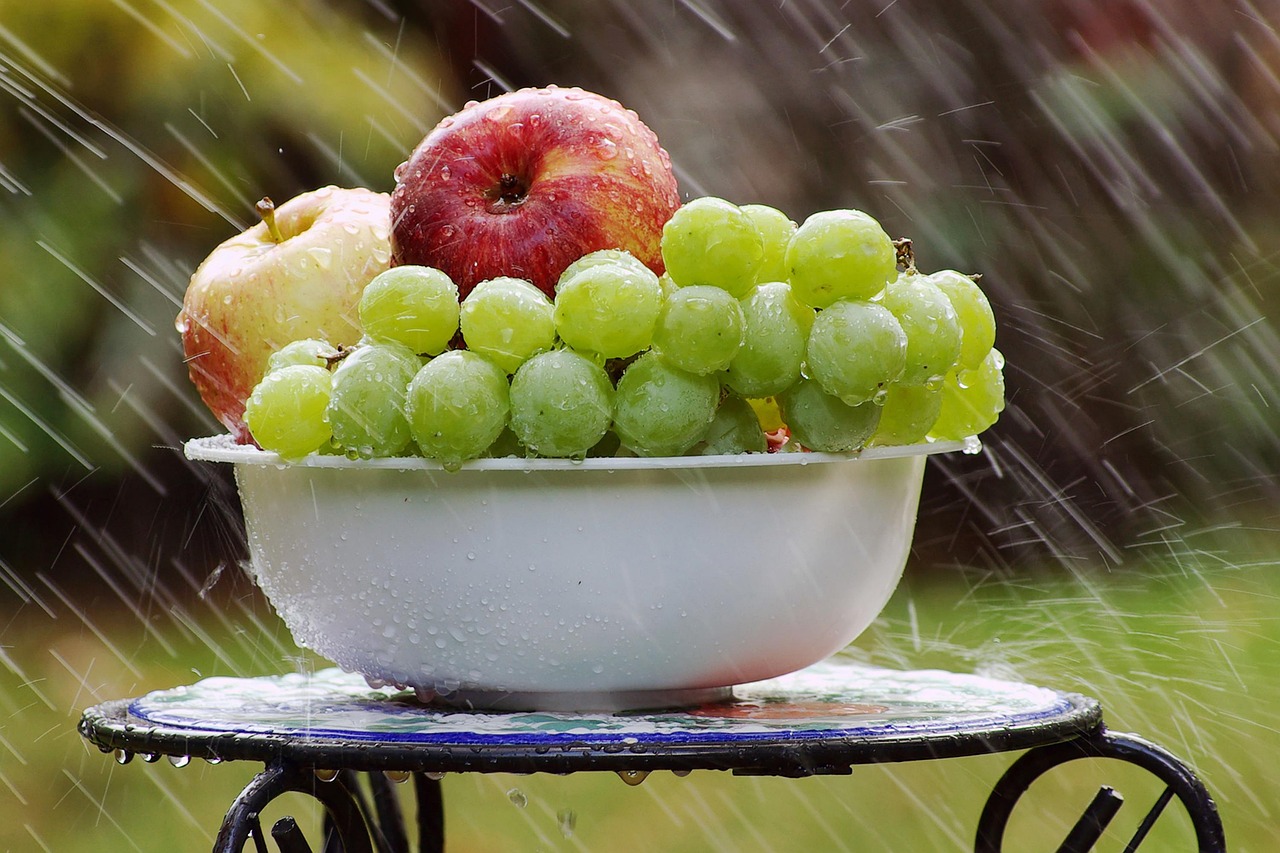Cutting down on food expenses during the rainy season while still maintaining good nutrition is possible with these simple tips:
Table of contents [Show]
Plan your meals
Before you go grocery shopping, plan your meals for the week. This helps you buy only what you need, reducing food waste and saving money. Include different kinds of nutritious foods like fruits, vegetables, grains, and proteins in your meal plan.
Cook at home
Eating out can be expensive, so try cooking meals at home. It's not only cost-effective but also allows you to decide on the ingredients and make healthier choices. Look up simple and delicious recipes that you can try with your family.
Use seasonal produce
During the rainy season, there are often seasonal fruits and vegetables available at lower prices. Take advantage of these by incorporating them into your meals. They are usually fresh, packed with nutrients, and cost-effective.
Buy in bulk
Purchasing non-perishable items in large quantities like rice, wheat, sugar, etc., can save you money in the long run. Just ensure to store them properly.
Limit processed foods
Processed foods can be convenient, but they tend to be more expensive and less nutritious compared to whole foods. Reduce buying processed snacks, sodas, and pre-packaged meals.
Cook in batches
When you cook, consider making larger portions and storing leftovers for future meals. This way, you can save time and money. Just store the leftovers properly.
Take advantage of discounts and sales
Look for discounts and sales at your local grocery store. Stock up on items that you regularly use when they are on sale.
Use cheaper protein sources
Protein is important for a balanced diet, but some sources can be expensive. Opt for more affordable protein options like beans and eggs.
Reduce food waste
Be mindful of food waste by storing leftovers properly.
Drink water
Instead of buying expensive sugary drinks or juices, opt for water.







